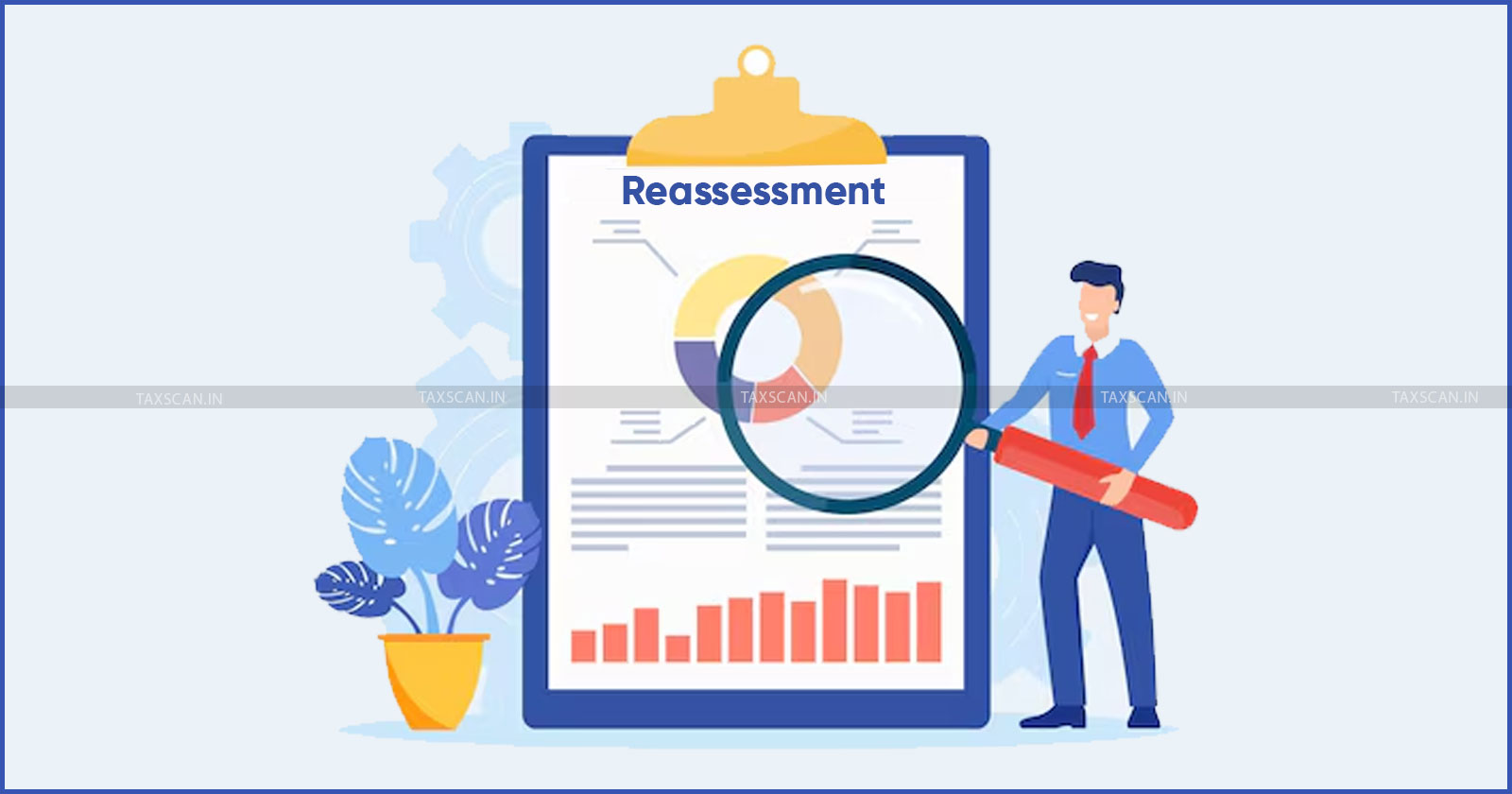Belated Filing of GST Return Automatically Nullifies Best - Judgment Assessment issued u/s 62: Madras HC [Read Order]
The Court directed that any collected amounts be adjusted and the bank attachment lifted.
![Belated Filing of GST Return Automatically Nullifies Best - Judgment Assessment issued u/s 62: Madras HC [Read Order] Belated Filing of GST Return Automatically Nullifies Best - Judgment Assessment issued u/s 62: Madras HC [Read Order]](https://images.taxscan.in/h-upload/2025/11/20/2106918-madras-high-court-taxscan.webp)
The Madurai Bench of the Madras High Court has held that a best judgment assessment issued against a non-filer under Section 62 of the Tamil Nadu Goods and Services Tax Act, 2017 stands automatically withdrawn once the registered person files a valid return, even if such filing is beyond the stipulated 30 day period.
The decision came in a petition filed by Tvl. Bernard Karuthudaiyan, who challenged an assessment order dated 16 October 2024 passed by the Deputy State Tax Officer, Nagercoil Rural Assessment Circle, for the tax period of August 2024.
The petitioner had failed to furnish the monthly GST return for August 2024. This triggered issuance of a GSTR-3A notice for non-filing, followed by a best-judgment assessment order in Form GST ASMT-13 under Section 62.
 Also Read:No Satisfaction Recorded to Invoke S.153C under Income Tax: Calcutta HC Upholds S.147 Reassessment, Rejects assessee’s Jurisdictional Plea [Read Order]
Also Read:No Satisfaction Recorded to Invoke S.153C under Income Tax: Calcutta HC Upholds S.147 Reassessment, Rejects assessee’s Jurisdictional Plea [Read Order]
The petitioner subsequently filed the overdue return on 21 November 2024 and approached the High Court seeking quashing of the assessment order on the ground that the order was cryptic, arbitrary, and without jurisdiction.
Justice G.R. Swaminathan presiding over the matter, reproduced Section 62 of the Tamil Nadu Goods and Services Tax Act, 2017, which deals with assessment of non-filers. Sub-section (2) specifies that if a registered person furnishes a valid return within thirty days of the assessment order issued under Section62(1), the assessment “shall be deemed to have been withdrawn.”
The Court noted that multiple judicial precedents have held the 30 day timeline to be directory, not mandatory. Therefore, even though the petitioner filed the belated return beyond the prescribed period, the statutory consequence still operated.
 Also Read: Service Tax Payable on Consolidated Rent Collected by Co-owners when Threshold Exceeds: Calcutta HC on Clubbing of Rent [Read Order]
Also Read: Service Tax Payable on Consolidated Rent Collected by Co-owners when Threshold Exceeds: Calcutta HC on Clubbing of Rent [Read Order]
The Court clarified that the tax department is free to verify the return filed by the petitioner and if discrepancies or short payment are found, a fresh show-cause notice may be issued. Further, any amount already collected from the petitioner must be adjusted toward future tax liabilities. Subsequently, the attachment placed on the petitioner’s bank account stands lifted.
The writ petition was accordingly allowed.
Support our journalism by subscribing to Taxscan premium. Follow us on Telegram for quick updates


